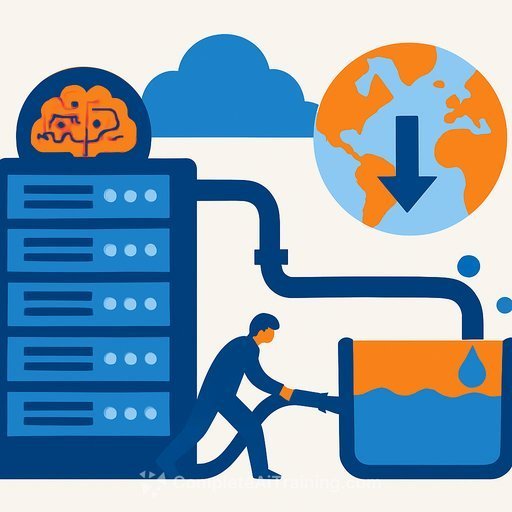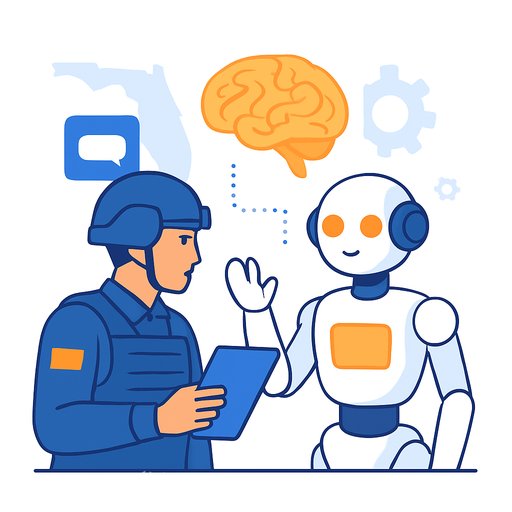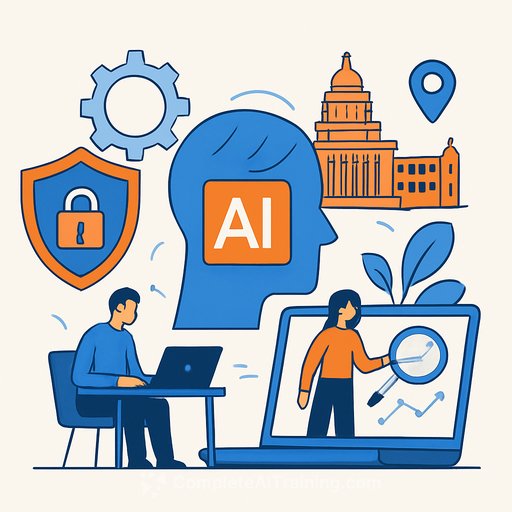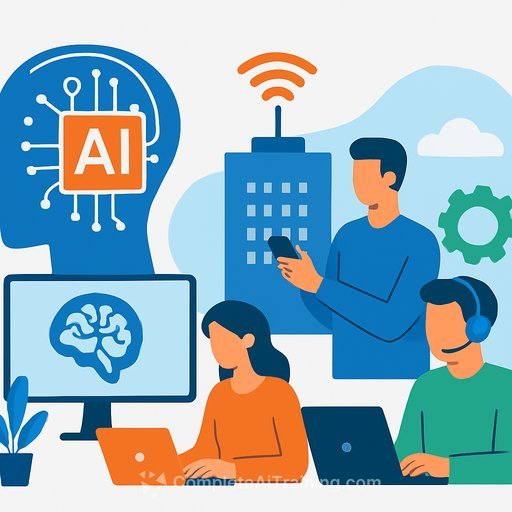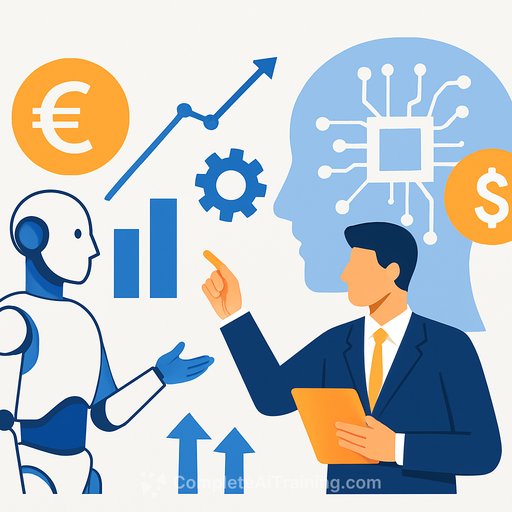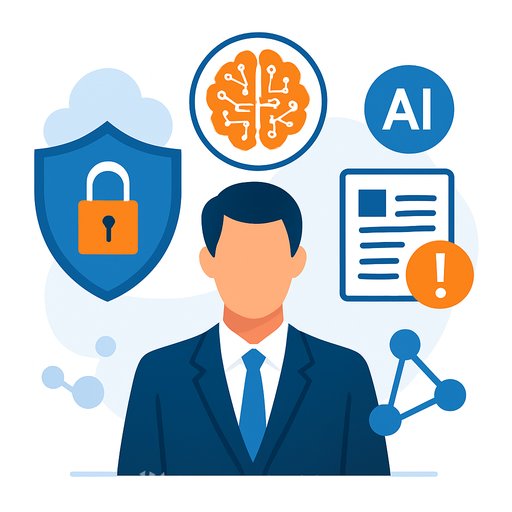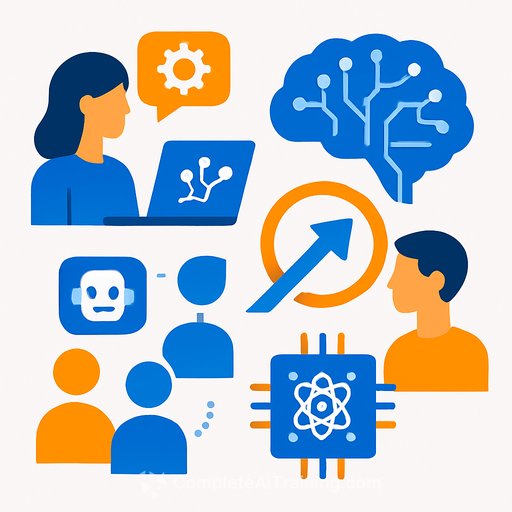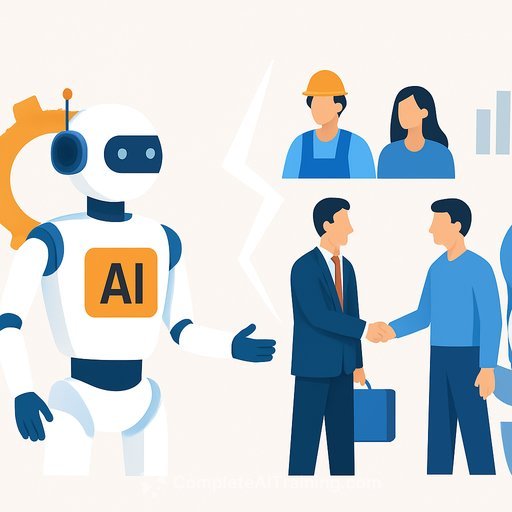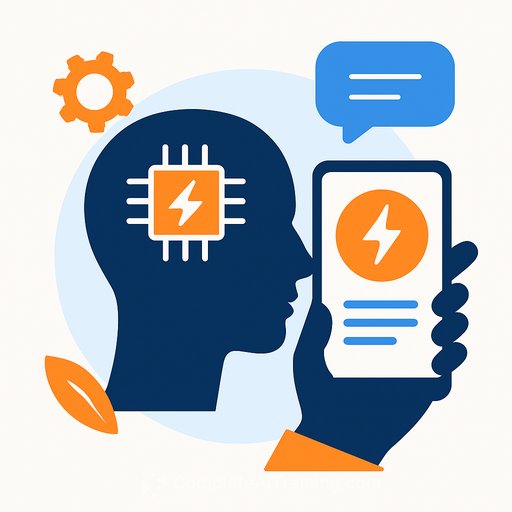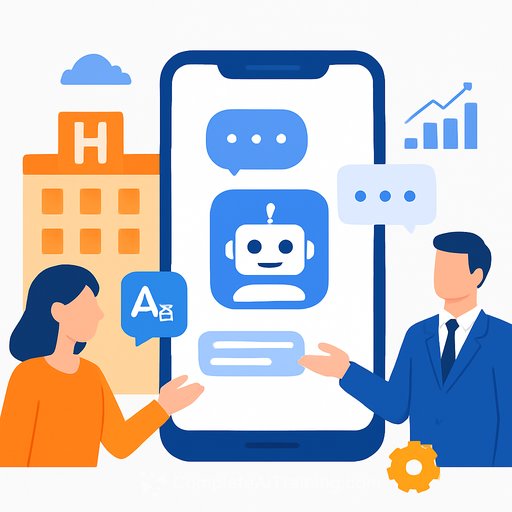CEOs are increasingly turning to artificial intelligence platforms to reshape strategies and accelerate growth. These tools help leaders streamline operations, gain sharper insights, and transform workplaces by empowering teams with smarter technology.
Artificial intelligence has grown beyond buzzwords to become a vital asset for business leaders. The right AI platforms enable CEOs to analyze data, predict trends, and automate processes, all while supporting innovation and competitive advantage. This article highlights seven AI platforms that many top executives rely on to drive growth and operational excellence.
7 AI Platforms CEOs Use to Drive Business Growth
Facing pressure to innovate while managing day-to-day operations, CEOs need AI platforms that deliver both automation and insight. Below are seven key AI tools trusted by leaders to enhance decision-making, improve customer experiences, and optimize workflows.
1. IBM Watson
IBM Watson is a leading AI platform for enterprises focused on data-driven decisions. It offers natural language processing, machine learning, and predictive analytics to make sense of complex data.
Use case: CEOs use Watson to analyze customer sentiment, forecast market trends, and optimize supply chains. For example, retail leaders tailor marketing campaigns by leveraging Watson’s AI insights on customer preferences.
2. Microsoft Azure AI
Microsoft Azure AI provides a broad array of AI tools such as computer vision, speech recognition, and automated machine learning, all built on scalable cloud infrastructure.
Use case: CEOs deploy Azure AI to speed up digital transformation and embed AI across departments. AI-powered chatbots enhance customer service efficiency, freeing staff for strategic tasks and enabling smarter workflows.
3. Google Cloud AI
Google Cloud AI offers customizable machine learning and data analytics services, including generative AI models that assist with content creation and innovation.
Use case: CEOs leverage Google’s generative AI to automate content production, improve advertising strategies, and accelerate product development, cutting time-to-market and boosting creativity.
4. Salesforce Einstein
Embedded in the Salesforce ecosystem, Einstein provides predictive analytics and personalized customer engagement by analyzing sales and service data.
Use case: CEOs use Einstein to enhance sales performance and customer retention by anticipating client needs and automating routine sales operations. This supports strategic growth and targeted marketing efforts.
5. OpenAI GPT (ChatGPT and API)
OpenAI’s GPT models, including ChatGPT, excel in natural language processing and content generation, transforming how businesses communicate.
Use case: CEOs apply GPT-powered tools to streamline internal communications, automate report writing, and improve customer engagement through conversational AI, supporting increased productivity and innovation.
6. Tableau AI
Tableau AI integrates AI-driven analytics into data visualization, making complex information easier to interpret.
Use case: CEOs use Tableau AI dashboards to monitor KPIs in real time and spot emerging trends. The visual reports help communicate insights effectively across teams, promoting data-driven decisions.
7. Adobe Sensei
Adobe Sensei powers AI and machine learning across Adobe’s Creative, Marketing, and Document Clouds.
Use case: CEOs in marketing and media rely on Sensei to personalize customer experiences and automate content workflows, optimizing campaigns and improving ROI.
Why CEOs Are Increasingly Adopting AI Platforms
AI platforms have become strategic tools for CEOs focused on growth and competitive edge. These platforms go beyond automation—they enhance decision-making, improve efficiency, and open new revenue opportunities. Integrating AI helps leaders anticipate market shifts, personalize customer interactions, and streamline operations while empowering employees with smarter tools.
Best Practices for CEOs Using AI Platforms
- Align AI with business goals: Ensure AI initiatives support clear objectives like improving customer service or speeding up product launches.
- Encourage collaboration: Foster cooperation between IT, marketing, operations, and HR teams for successful AI adoption.
- Invest in AI literacy: Equip leaders and employees with knowledge about AI capabilities and limitations.
- Focus on ethical AI: Maintain transparency and responsible AI use to build trust with customers and stakeholders.
Following these practices helps CEOs maximize AI benefits while avoiding common challenges.
Looking Ahead: AI’s Role in Business Leadership
As 2025 approaches, AI’s role in executive leadership will grow deeper. Platforms like IBM Watson, OpenAI GPT, and others provide diverse tools that support innovation, optimize workflows, and drive sustainable growth. CEOs leveraging these AI technologies position their companies to move faster, make smarter decisions, and deliver better customer experiences.
For those interested in expanding their AI knowledge and skills, Complete AI Training offers up-to-date courses designed to help professionals integrate AI effectively within their roles.
Your membership also unlocks:



